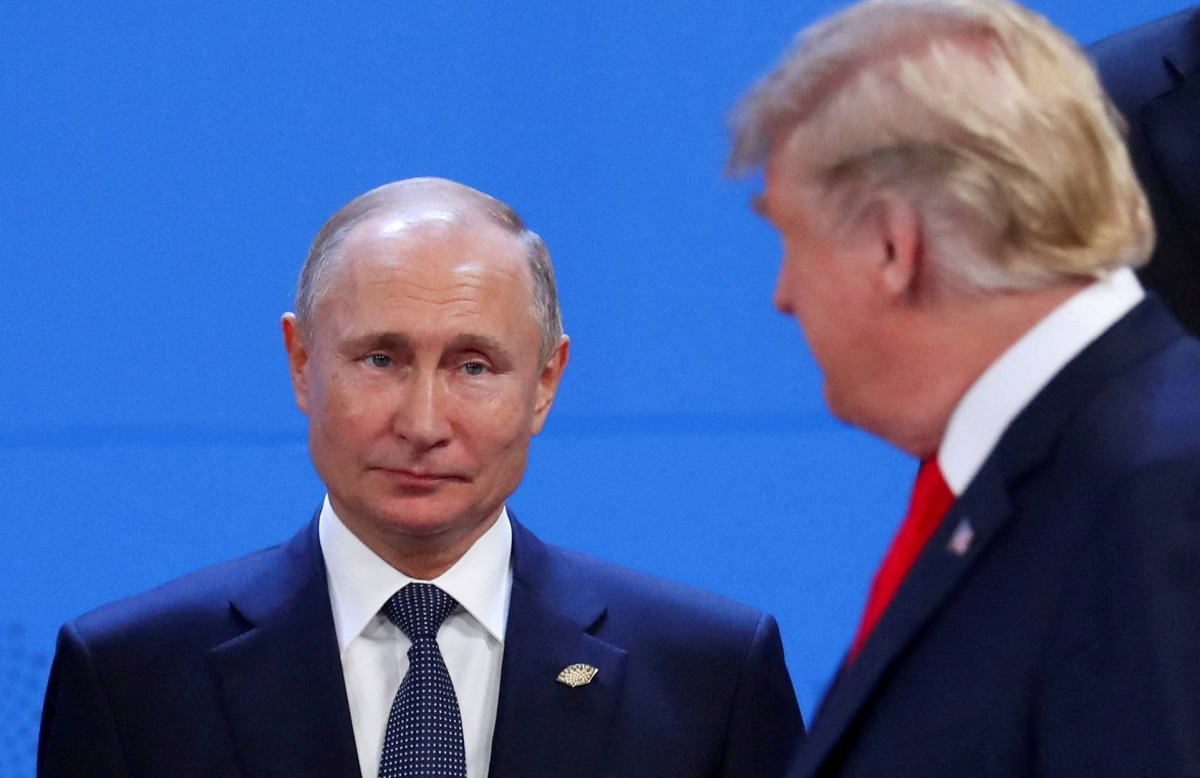Trump sours on Putin, but bromance may not be over

China's economy shows resilience amid US tariffs, but growth slows due to trade turmoil, while regional allies' stance on Taiwan remains uncertain.

All major sources, one page
Feel the mood behind headlines
Know what’s trending, globally
Get summaries. Save time
6,909
115
204
4 hours ago
Stay sharp in 60 seconds. Get concise summaries of today’s biggest stories — markets, tech, sports, and more
All major sources, one page
Feel the mood behind headlines
Know what’s trending, globally
Get summaries. Save time
6,909
115
204
4 hours ago
Stay sharp in 60 seconds. Get concise summaries of today’s biggest stories — markets, tech, sports, and more